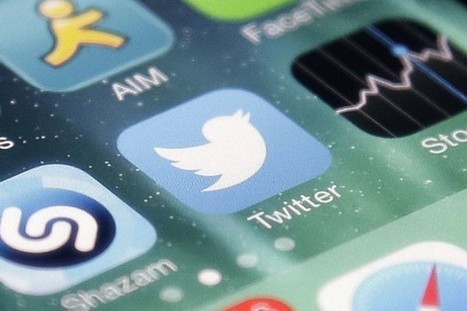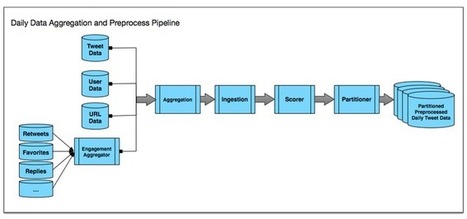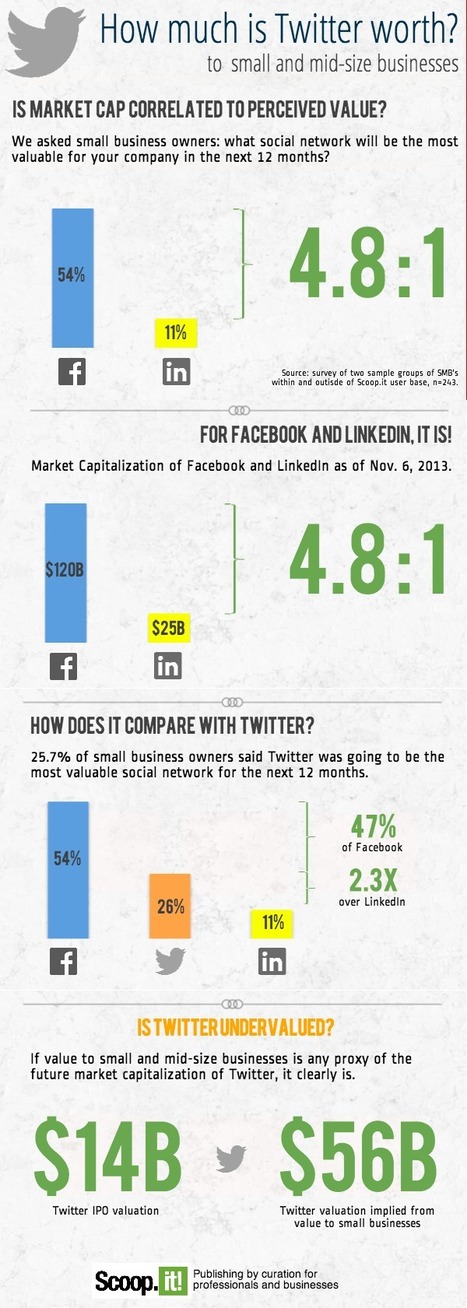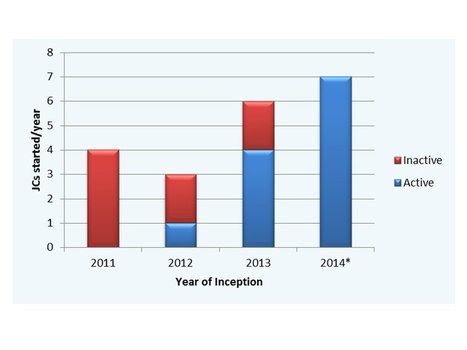Although initially designed around friends and family use, global multinational corporations have been quick to jump on the social media bandwagon by compiling marketing teams made-up of young graduates with an innate understanding of how to utilise the platforms effectively.
Pharma has been arriving slower to the table than most other industries however, given the strict regulations it must adhere to around the world – especially in Europe – which bars pharma talking to patients about prescription medicines.
But this has not stopped some within the industry from pursuing a new digital strategy based on social media, and Twitter appears to be the platform of choice for their communication departments.
This micro-blogging site, which only allows 140 characters per tweet, was established in 2006 and has quickly become the site of choice for celebrities and increasingly for corporations, including pharma.
German-based private firm Boehringer Ingelheim was one of the first big pharma companies to join the medium back in 2007 when Twitter was just getting started, with its main US account now boasting nearly 38,000 followers. But those firms looking to be pioneers of the medium have found themselves left in the dark over what it can, and cannot say.
But whilst companies such as Boehringer have signed up to these new media whole-heartedly, other pharma firms have intentionally sat back, and are not convinced of how their strategies align with the new digital landscape.
Johanna Mercier, general manager of Bristol-Myers Squibb (BMS) in the UK and Ireland, tells Pharmafile that she is not sure about the return on investment for her company – in the EU at least – for using social media.
Mercier, a Canadian who has worked for BMS there, in the US and in Europe, says: “My opinion stems from my last role [working for BMS in Europe]. So BMS as a company has Twitter feeds, Facebook and so on, so there is certainly digital activity.
“But in light of the regulations [barring DTC advertising in the EU], this means that we are very careful, because the guidance around social media is not crystal clear to say the least, and I’m not always sure about the return on it.”
She goes on: “As we all know, these feeds definitely aren’t going straight to patients. But I think if you were talking to me in the US, that’d be a different thing, and we are doing a lot of social media in the US as there are very different regulations there.
“But even there we have to be very careful because if there is a side effect that comes through to us via social media then it has to be reported, and you have to find a way of doing that in the right way. People like the anonymity but at the same time, the companies out there don’t because they are responsible for reporting this information.”
Mercier explains that by using platforms such as Twitter, companies are opening themselves up to potentially millions of people, ‘and that’s a big job’. She says: “For me, the role in the UK is more of a ‘listening role’ to social media. “It’s more about being aware of what’s going on because you can get a lot of insights out of that.”
Via
Pharma Guy



 Your new post is loading...
Your new post is loading...















